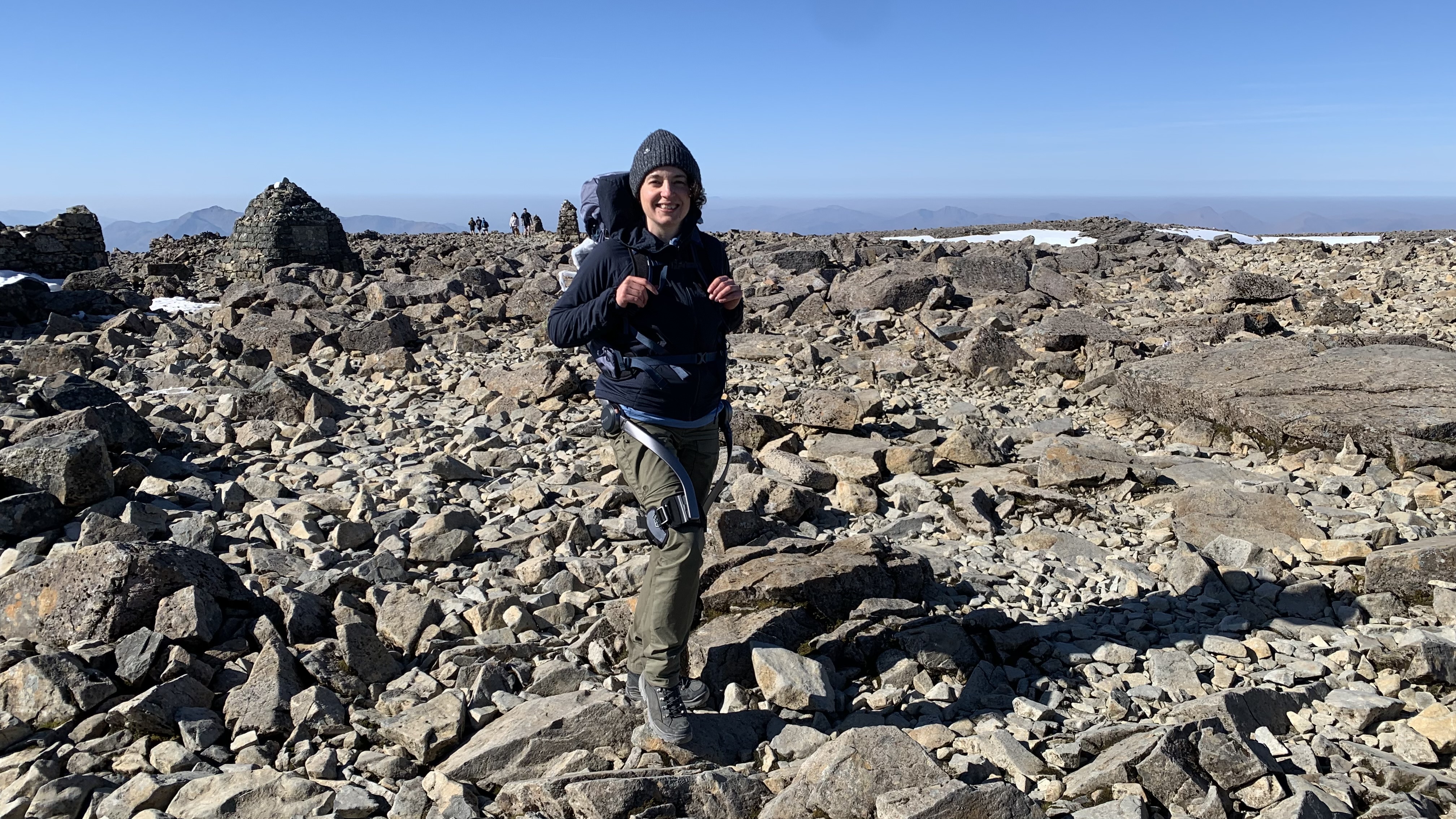How heavy is too heavy for a hiking backpack? We consider the 20% myth
We look into the commonly-held hiking belief that your backpack shouldn’t weigh more than 20% of your own body's weight
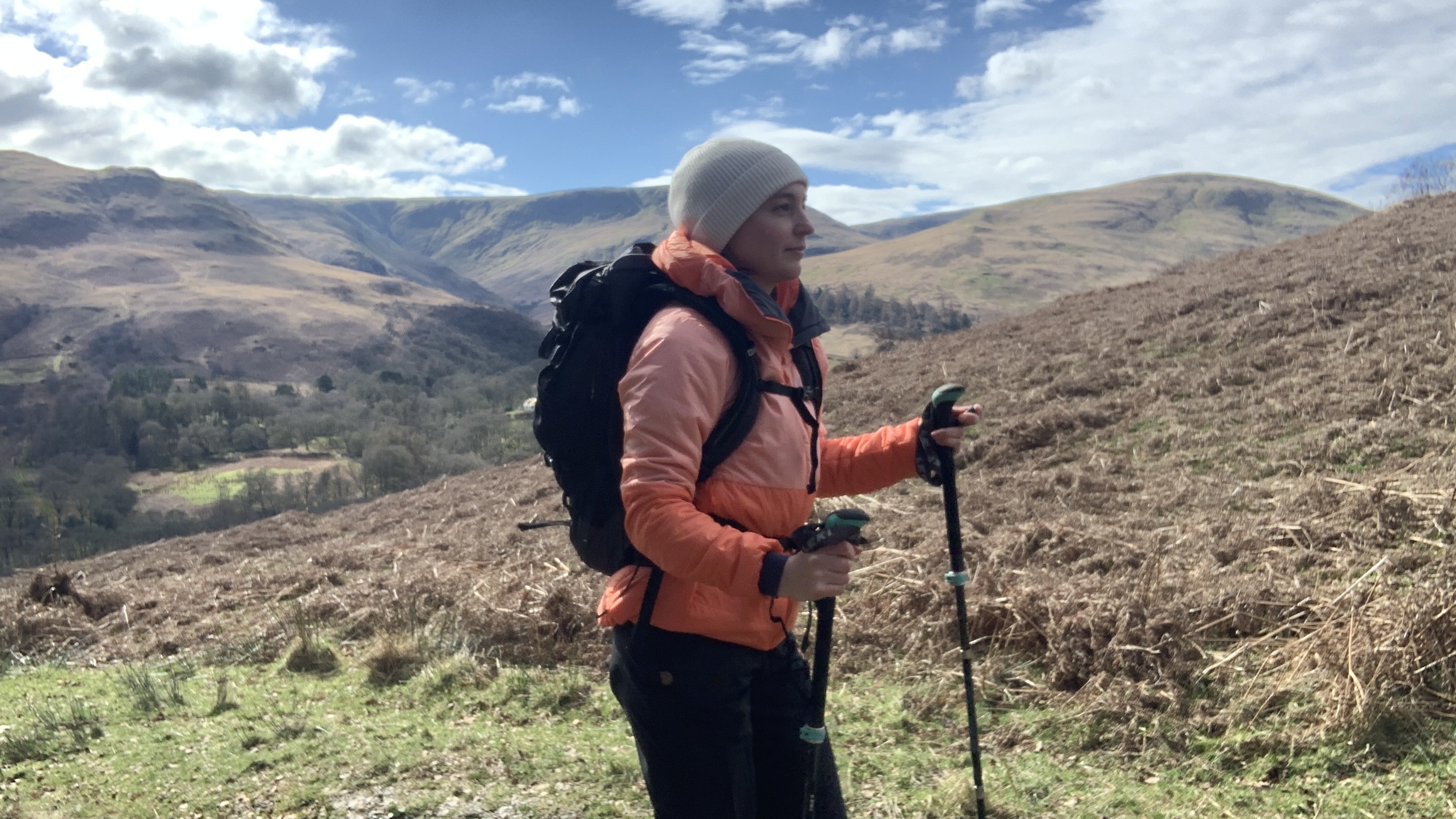
Last summer, I set off on the 96-mile West Highland Way carrying my camping gear plus all of my food for five days. My camping gear overall is pretty light, so when I had packed up my base load a few days prior to leaving and the scale showed it to be under 15 lbs, I was quite proud of myself. This is going be easy, I thought!
But, once I added five portions of oatmeal, five packets of mac n’ cheese, five tuna pouches plus various slices of salami, trail mix and granola bars, a liter of water, and some extra clothing, it was a different story. I wasn’t like Cheryl Strayed, rolling around on a hotel room floor unable to lift her pack before setting off on the Pacific Crest Trail, but I wasn’t exactly scampering along the trail either.
So, I decided to investigate the question how heavy is too heavy for a hiking backpack? Here's what I found out...
How heavy is too heavy for a hiking backpack?
Recent studies suggest that hikers who weigh less should be able to carry more weight in their backpack, compared to heavier hikers. This is because the total when you add up the weight of the person's body plus the weight of the backpack is less overall.
This debunks the commonly held belief that a backpack shouldn't weigh more than 20% of a person's weight and it means how much you can personally carry is exactly that: personal.
For a more details and to crunch the numbers, let's take a look at what the research actually says...
Meet the expert
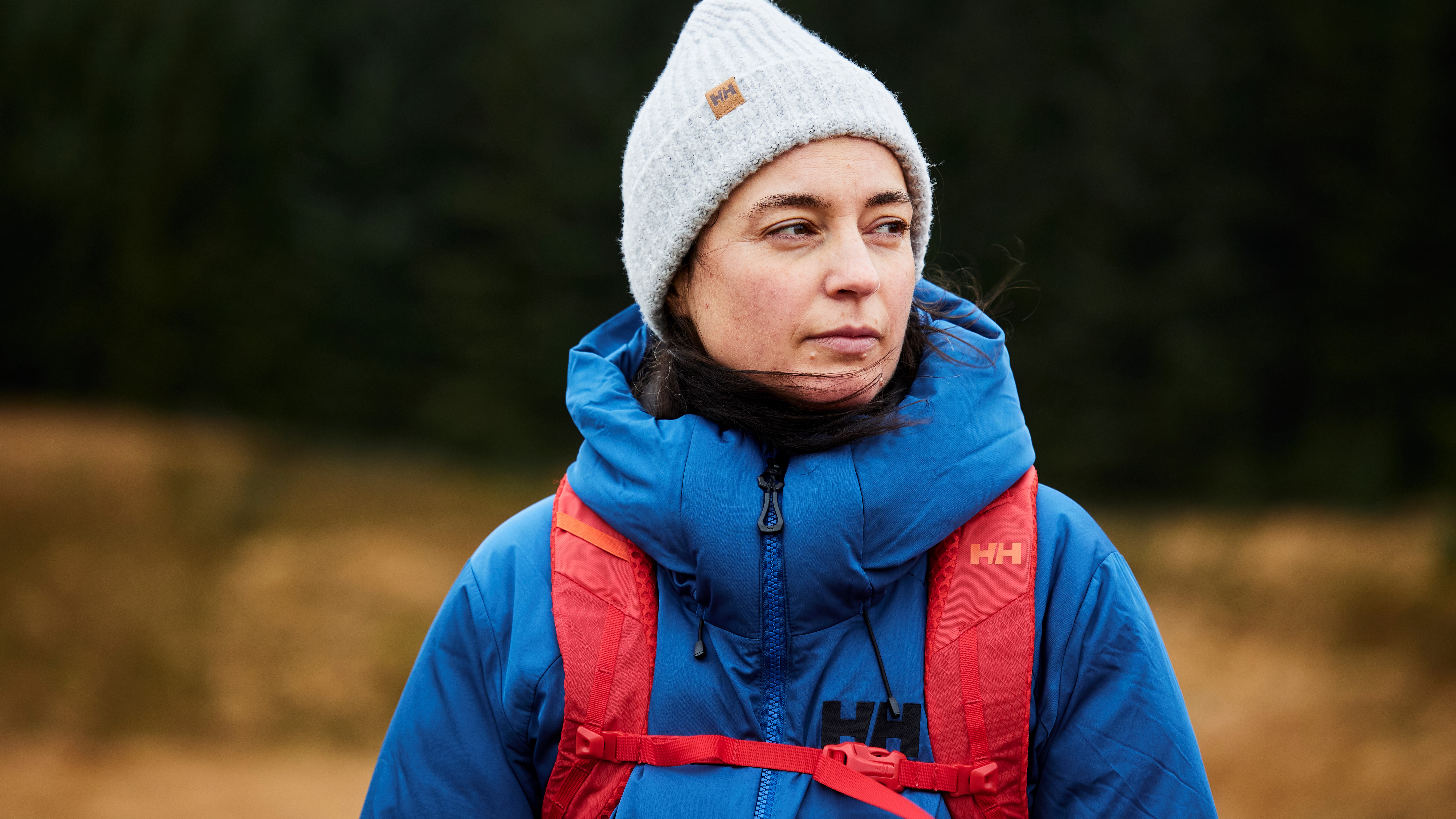
Julia has been lugging backpacks around in the hills and the mountains since her childhood forays into the Scottish Highlands. After spending many years hiking in the US, she's now back in her native Scotland, where she frequently tests hiking gear in the mountains. Her recent thru hike on the West Highland Way has led to her wanting to explore the question: how heavy is too heavy for a hiking backpack?
The drawbacks of a heavy pack
On my one-night backpacking trips, my backpack is unsurprisingly considerably lighter, and I do enjoy being able to move a bit more nimbly. I’m not saying I’m ready to trade in my tent poles for trekking poles and wear down clothing instead of using a sleeping bag, but I do like the feeling of being able to go faster.
Advnture Newsletter
All the latest inspiration, tips and guides to help you plan your next Advnture!
Lighter is definitely easier, there’s no question there, but I’ve been wondering lately – is a heavier pack necessarily a bad thing? Assuming you’ve adjusted your backpack properly and are taking care of your posture, does it actually do you any harm, or does it just mean that you walk slower?
What the research says
- There’s a commonly held belief that a backpack’s weight should not exceed 20% of your body weight
- In contrast, an academic study proposes that as hikers get bigger, the weight they are able to carry actually decreases
- This is due to the overall weight of their body and the backpack being higher
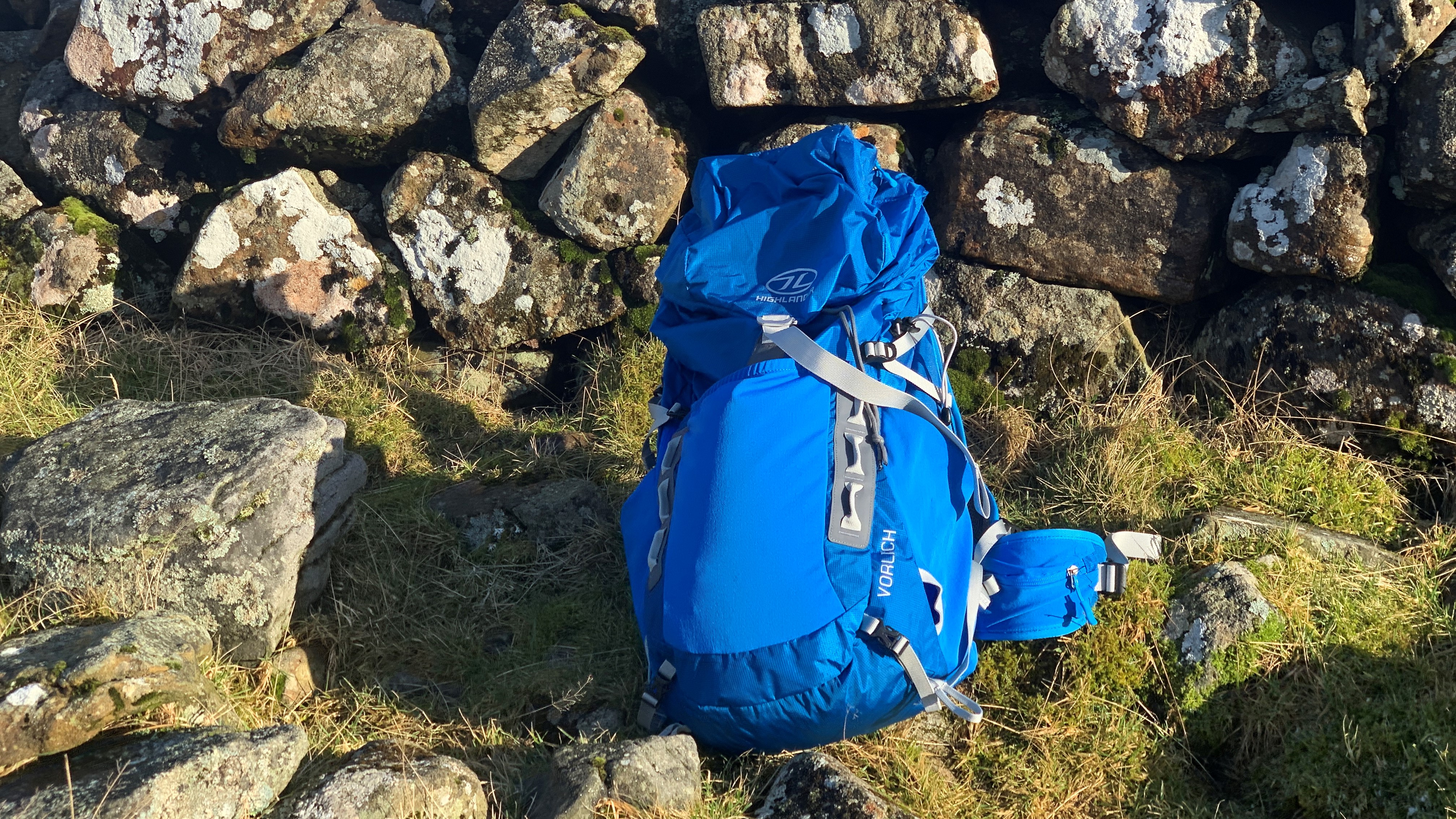
An often repeated 'rule of thumb' in the hiking community is that your backpack should not exceed more than about 20% of your body weight. At 115lb (52kg) that means my backpack shouldn’t weigh more than 23lb (10kg) which means I need to be really careful when considering whether to bring that camping coffee maker, extra base layer or Snickers bar (naturally, I’d choose the latter).
My friend Kelly is four inches taller than me and weighs 170lb, the average weight for a US female, according to the CDC. So she’d get to carry 34lb according to this rule, or 77 extra Snickers bars if she had a big enough backpack.
Basically the formula goes that the bigger you are, presuming you’re healthy, the more weight you can carry. It intuitively feels like it should be true, and I’ve probably fobbed off some heavier gear on my bigger hiking partners over the years as a result, but I recently came across some interesting modeling by a Kansas State University physics professor that turns this theory on its head.
The modeling, published in 2014 in the American Association of Physics Teachers, proposes the exact opposite of the 20% rule. In fact, the author Michael O’Shea found that as hikers get bigger, the weight of load they’re able to carry actually decreases.
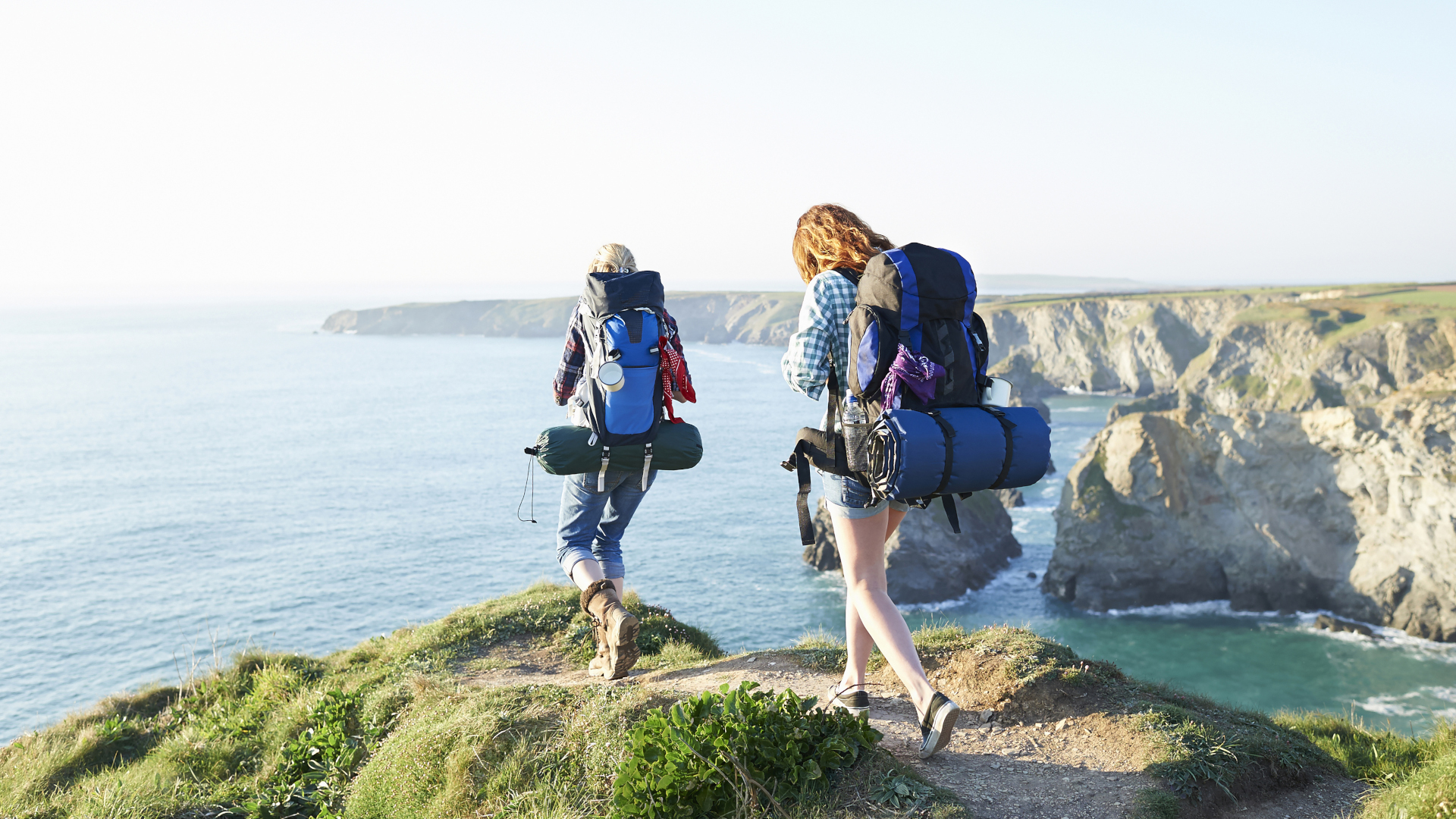
The reasoning for this is that your load when you hike includes the weight of your backpack, everything inside it, plus your body. So when I went for a one night backpacking trip last week carrying a 20lb pack, I was walking with a total weight of 135lb, plus a couple more pounds if you want to include my Helly Hansen Switchback Trail HT boots (24oz) plus my clothes.
But, if I were hiking with Kelly and she was carrying a 34lb backpack, she’d be walking with a total weight of over 200lb, which is a lot considering that she’s only the length of a Snickers bar taller than me but we share a pretty similar body composition. She’s probably a little stronger than me, but in a sandbag toss competition, the difference would be negligible, unlike the difference between our pack weights. It turns out that, according to the modeling, she should be able to carry her 34lb pack no problem, while I should be able to carry quite a bit more than I tend to.
The modeling, which focused on healthy hikers who have comparable body composition, suggests that someone healthy of my weight should actually be able to carry up to 50lb, which is nearly half my body weight, while a hiker that weighs 175lb should try to keep their pack weight closer to 42lb (24% of body weight). Once you reach 240lb you’d be better off keeping your load down to about 14% of your weight, meaning a roughly 34lb backpack, to take into account your higher body weight.
So, in summary:
- A healthy person who weighs 115lb (52 kg) should be able to carry around half their body weight
- A healthy person who weighs 175lb (79kg) should aim for no more than around a quarter of their body weight
- A healthy person who weighs 240lb (108kg) should aim for less than 14% of their body weight
Now this modeling is based on physics, but it isn’t the result of a large-scale study, and there are definitely good reasons not to hike long distances wearing a backpack that you can’t stand up straight in. However, it does suggest that some of us who have been agonizing over keeping our pack weight really light may be able to carry more weight, if we need to. Of course, it’s important to make sure the backpack is packed properly and adjusted to fit your body, and you’d want to get fit for hiking before setting off on a long trek with a heavy backpack, but you also don’t need to panic if your pack is a few pounds heavier than you planned, especially if you’re going on a shorter hike.
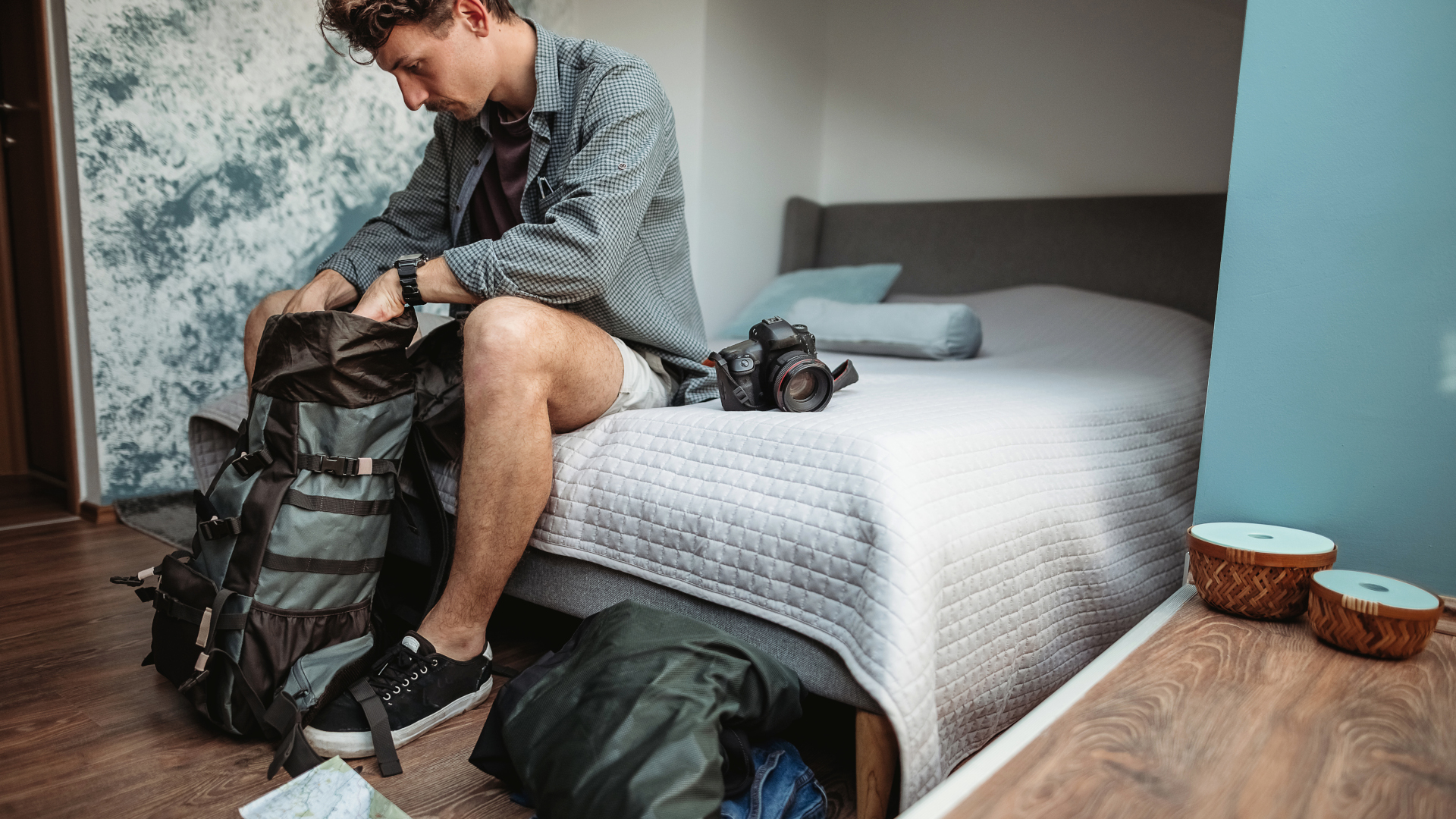
How to reduce your backpack weight
- Continuous wear of a heavy backpack can be damaging
- There are ways to cut down on backpack weight
Can a backpack be too heavy? Almost certainly. There is a 2018 study on the damaging effects of schoolchildren carrying backpacks weighing up to 15% of their own body weight, which can cause biomechanical adaptations that researches indicate could increase injury risk. Of course, those are more likely to be backpacks that don’t contour to the body, don’t have waist or sternum straps, and are probably being slung over one shoulder on a still-growing body, but a 2001 Army Science Board study recommended that no soldier carry more than 50 pounds for any length of time according to NPR.
So there is wisdom in not bringing the kitchen sink with you on a hike, and there are other reasons why you might want to lighten your backpack load: you could be dealing with injury, new to hiking and building up your fitness, walking a long distance or just prefer not to carry a heavy load and that's OK. Whatever you’re reasoning, if your pack is too heavy for you to walk safely and comfortable, start with these simple tips for ultralight camping include:
- Buy a trekking pole tent or bivy sack
- Use a camping quilt instead of a sleeping bag
- Don't bringing extra clothing
- Plan your meals
- Divide up shared gear such as tent parts and first aid kits between the group
- Upgrade older, heavier gear for newer, lighter gear
Julia Clarke is a staff writer for Advnture.com and the author of the book Restorative Yoga for Beginners. She loves to explore mountains on foot, bike, skis and belay and then recover on the the yoga mat. Julia graduated with a degree in journalism in 2004 and spent eight years working as a radio presenter in Kansas City, Vermont, Boston and New York City before discovering the joys of the Rocky Mountains. She then detoured west to Colorado and enjoyed 11 years teaching yoga in Vail before returning to her hometown of Glasgow, Scotland in 2020 to focus on family and writing.

